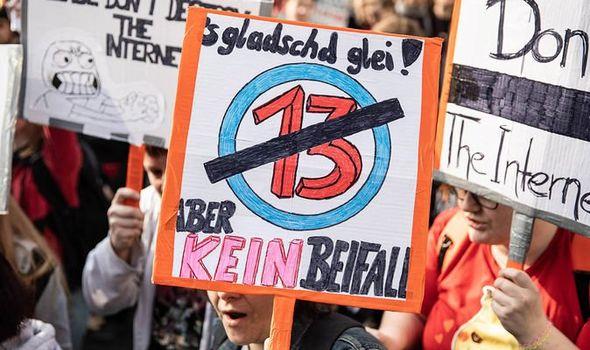
Article 13 passes, big changes coming for European content creators
The European Parliament has voted to approve Article 13, introducing a lot of new changes for digital content creators in Europe.
Article 13 states that YouTube and Twitch will be required to pay publishers in order to use their content on their websites, or else be charged with copyright infringement. To ensure the website doesn’t get punished, they must pay for people to manually look for copyrighted material, and either eliminate it or pay the original creators.
For example, if a Twitch streamer shares a clip on stream that was created by someone else, Twitch would have to either take down their video or pay the original creator of the content in question. If they didn’t, the website would be breaking the law.
YouTube and Twitch have publicly fought against Article 13 leading up to this point, and have stated that to avoid breaking the law they’ll have to impose harsh restrictions for European viewers. This could possibly include blocking certain channels from being viewed in Europe.
Leading up to Article 13’s passing, Twitch told their users to take part in the #SaveYourInternet initiative. This movement encouraged Europeans to contact their representatives in the European Parliament, explaining why they care about saving the internet from Article 13 and refuting the alleged claim that protests against this act are coming from paid actors and bots.
Under Article 13, users will have access to less content and will be unable to share their content with others, even if it’s legal. Many creators could see their content blocked as well, and will have fewer platform options for their content.
Surprisingly, memes and GIFs were made an exception to these rules when used “for purposes of quotation, criticism, review, caricature, parody, and pastiche.”
Recommended

Here’s how to play Marvel Rivals closed beta playtest
How to jump into the Marvel Universe.

What games would be at the Esports Olympics in 2025?
Would CS2 be in the Olympics gamelineup?

What did MrBeast crewmember Ava Kris Tyson do?
There are several accusations.







